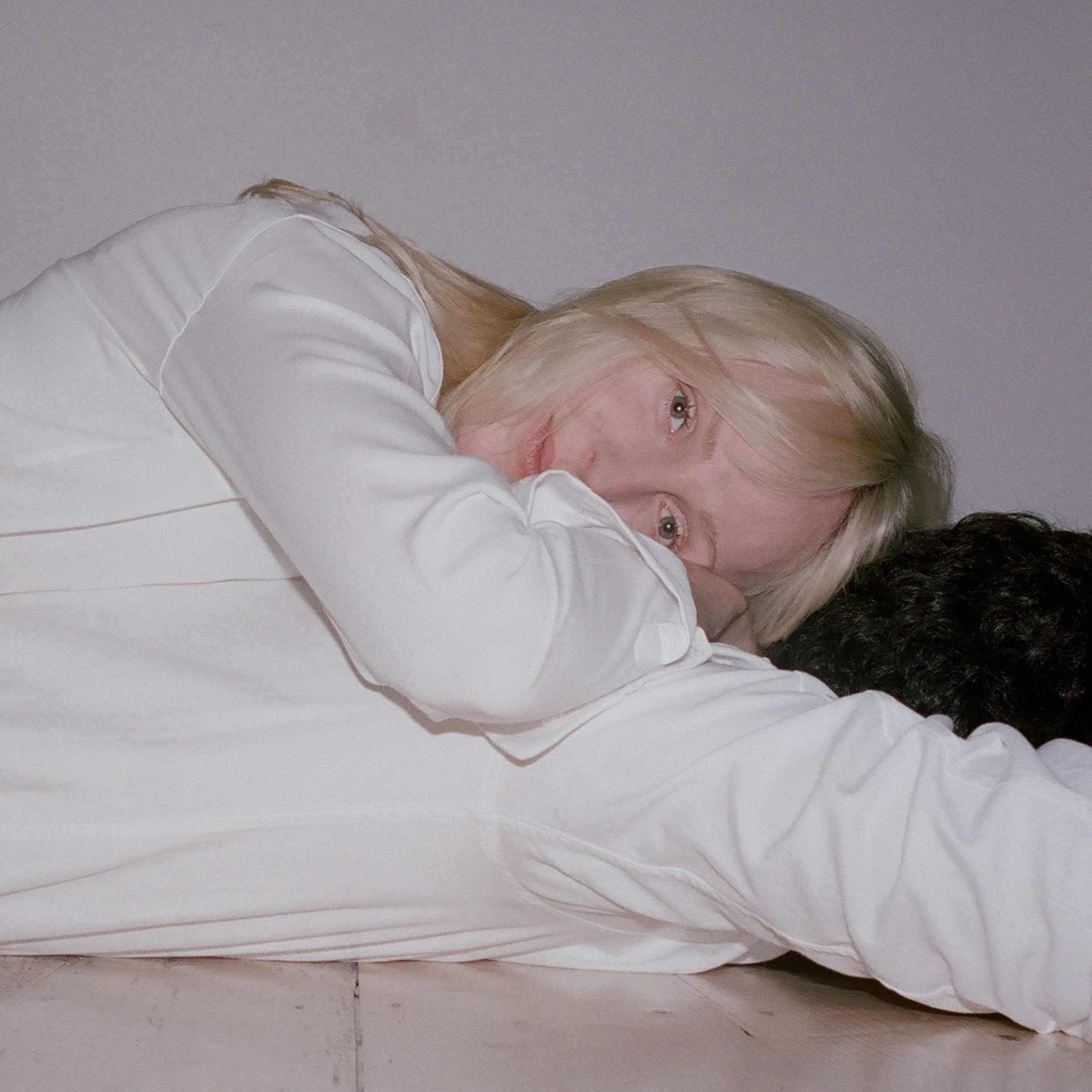Somewhat counter-intuitively considering we’re all stuck inside with more listening time, album releases are getting pushed back right, left and centre due to coronavirus. Laura Marling has gone the other way and rush-released hers. “I saw no reason to hold back on something that, at the very least, might entertain, and at its best, provide some sense of union.” Well, the latter might be a big ask, but she’s hit the mark again on the former. This is another superlative set of songs; you could do a lot worse than being isolated with this album.
It’s a slow, quiet affair. None of the build or tension of past singles like Sophia or False Hope. Only the slight calypso of Strange Girl breaks walking speed. Small things elevate it to another level – the unusual cadence of the backing harmonies on Held Down, for instance, or the subtle modulation between speaking and singing on Hope We Meet Again – and remind us that while it’s fairly simple to be an acoustic singer-songwriter, it’s difficult to do well. Marling does it very well.
In fact, there’s reminders of some all-time greats on here and Marling doesn’t fare badly in comparison. Only The Strong combines Simon & Garfunkel melancholy with pop-spiritual backing vocals like the Webb Sisters used to provide for Leonard Cohen. Blow By Blow is very Joni, a rare piano-and-strings setting for Marling’s work. Fortune pairs the strings with arpeggiating acoustic guitar, and offers a reminder of Karen Carpenter on the vocal melody, as well as heartbreaking bittersweetness: “I’ll think of it fondly now the truth can be told / Some love is ancient and it lives on in your soul.” Its gentle beauty belies its emotional heft.
Like its predecessor, the album comes with conceptual dressing. Semper Femina was a treatise on womanhood; here the conceit is dispensing advice to a hypothetical daughter, or as Marling herself explains, “How would I guide my daughter, arm her and prepare her for life and all of its nuance?” But like its predecessor, that feels like arty post-rationalisation of songs that can live and breathe on their own.
Taking her at her word though, what she appears to be handing down to Marling Junior is world-weariness. Being bruised is a concept that repeats: “Love is a sickness cured by time / Bruises all end up benign” (Only The Strong) “Note by note and bruise by bruise / Sometimes the hardest thing to learn is what you get from what you lose.” (Blow By Blow) There’s less of the conflict, defiance or sensuality found on other albums and much more sadness and wisdom.
Precocity doesn’t always go hand-in-hand with longevity and the young Laura Marling’s star could easily have faded with the West London nu-folk scene from which she emerged. But her 20s have seen a steady evolution from young folky to a crafter of heartbreakers in the classic mould. Song For Our Daughter caps that off with the promise of better still to come.
